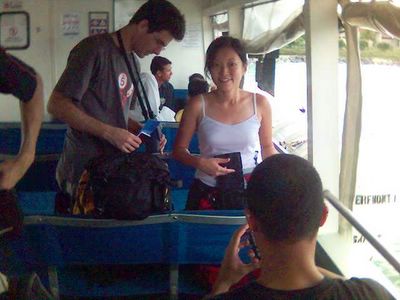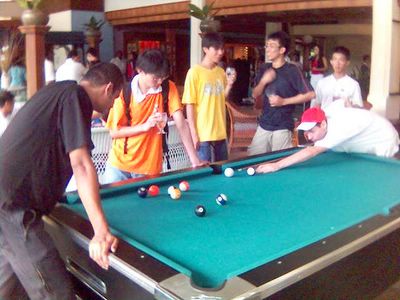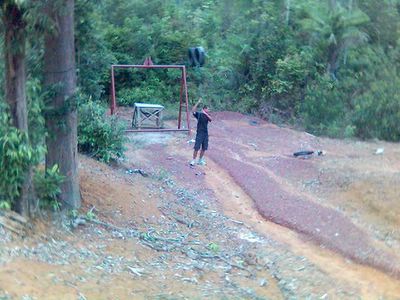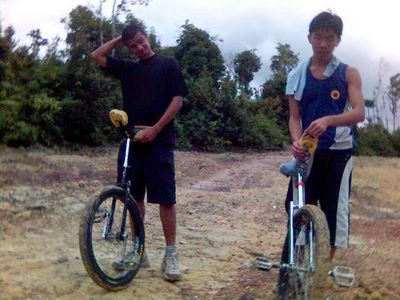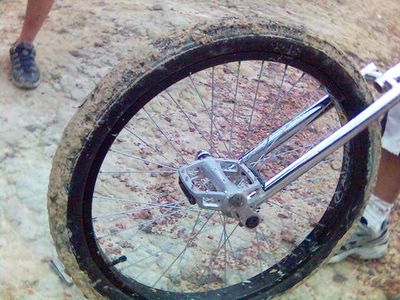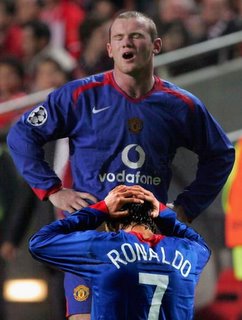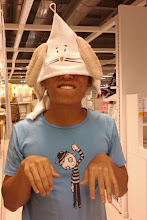Naria
Just watched Harry Potter of the Rings Part XXXII Naria with a bunch of friends the other day and since I'm pretty much a fanboy of Naria, I loved it.
But I also watched too many war movies to not point out that Peter was pretty much clueless when it came to battle tactics...
- Air superiority. They had air superiority FFS! Wars were won with air superiority. And what did he do? Send out one measly flight to drop stones from WITHIN arrow range. He should have set up refueling stations and sent out wave after wave to bombard to enemy. And do it from outside arrow range. Gravity was in his favour.
- Long range support. In this case it would be the archers. He didn't even use them till they were leading the enemy into a supposed trap. (More on the trap later) He could have kept them in the second row, continuely shooting and picking of enemies while they charged. Alternatively send some on the air support to pick off enemies while they are busy engaged with his own troops.
- Preperation. Apparently, the battleground was of Peter's choosing. Why no preperation done on it? Dig trenches, set up spiked barricades, etc. Spartacus could do it, why not Peter? Ok, maybe there wasn't that much time, but if all they could muster was some fire arrow(or pheonix) to set up a wall of fire against the ICE queen, then I'm severly disappointed.
- No pikemen? Against a calvary charge? A disappointed William Wallace must surely be tsking.
- Trap? (see point 2) What trap? When leading enemies into a Valley of Death, make sure they can't see your ambush troops. And make sure the people on the top of the valley raining death down are your own troops, not the enemy..
I think about the only thing he did right was keeping troops in reserve and sending them in the flank the enemy when they were caught off guard, and I attibute it more to Aslan then Peter. :P
Note: To those really rabid fanboys, these was written tounge in cheek and in no way my fault. I blame Heskey.


